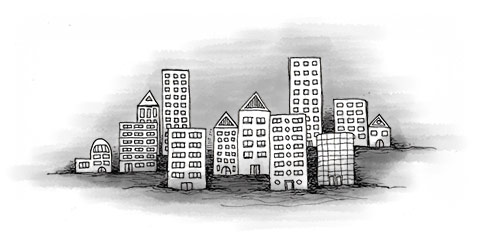After experiencing decades of civil war, which ended in 2002, Angola is facing a severe housing shortage. This has led to huge urban slum developments, especially in Luanda - a city built for 700,000 people which now has 4 million inhabitants.
Angola’s housing shortage has encouraged property development, with new residential areas being built around the main cities. In April 2003, 331 houses were completed in Kilamba-Kiaxi, Luanda. More recently, the controversial “Chinese-built ghost town” made international headlines. Twenty miles south of the capital, a new city, Kilumba, was built by Chinese firms at a cost of US$3.5 billion. The 200,000 apartments lie largely unoccupied as most Angolans cannot afford to live there.
Expatriates moving to Angola will find rental prices very high, as developers focus on the high-end market, rather than affordable housing. As as example, a three bedroom (unfurnished) flat in Luanda will cost around US$7,000 a month to rent, excluding utilities. If you move out of the city centre, you can expect to pay around US$3,600 a month.
For companies sending employees to Angola, finding good, secure, accommodation is a big challenge.

